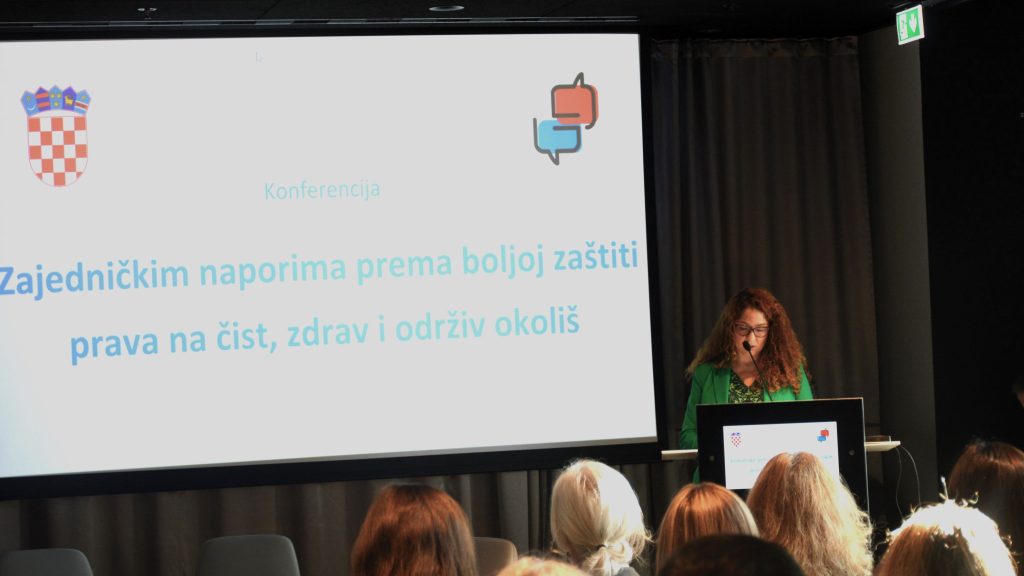World Whistleblower Day is marked on 23 June, with the aim of raising public awareness about the importance of whistleblowers in combating corruption and protecting the public interest, as well as the need to strengthen the protection of their rights and prevent retaliation against them. Whistleblowers who choose to report irregularities in the public interest—sometimes at the risk of facing retaliation—play a crucial role in the fight against corruption.
With the first Whistleblower Protection Act, which entered into force in 2019, and subsequently the act of the same name that came into force in 2022, the Ombudswoman was entrusted with the mandate of the competent body for external reporting of irregularities. In addition, the Ombudswoman monitors the application of the Whistleblower Protection Act in procedures involving internal reporting, through notifications received from confidential persons on reported irregularities. She also monitors the implementation of the law in cases of public disclosure of irregularities—most commonly through the media—as well as through judicial practice.
Although certain steps have been taken since the adoption of the first act to better protect whistleblowers, there is still room for more effective legislative regulation and implementation.
It is a positive development that emotional support for whistleblowers has begun to be provided in Croatia. The Office of the Ombudswoman continues to monitor the implementation of this type of assistance and advocates for further provision of psychosocial support, as well as more flexible access to free legal aid when needed.
Unfortunately, the work of confidential persons remains challenging, as they sometimes lack the conditions necessary to carry out their legally assigned duties without interference. We have also identified cases of employer retaliation against confidential persons precisely because of their actions in response to whistleblower reports. Another challenge is the lengthy proceedings by certain authorities responsible for investigating irregularities, as well as by some courts.
For this reason, the Ombudswoman has recommended that courts pay particular attention to the need for expedited resolution of disputes in proceedings involving whistleblower protection, including cases involving associated persons, confidential persons, and their deputies. Likewise, the Ombudswoman has again recommended to the Ministry of Justice, Public Administration and Digital Transformation and the Judicial Academy the continued implementation of training for judicial officials on the application of the Whistleblower Protection Act.
To ensure effective application of the law and protection of whistleblowers themselves, it remains necessary to raise public awareness and educate people about the conditions for legal whistleblower protection—primarily the reporting procedures and the requirement that the irregularity reported by the whistleblower in their work environment must relate to the public interest, and not to the protection of individual rights.
As the body responsible for external reporting of irregularities, we have prepared and publicly presented the Guide to Reporting Irregularities, as our experience with whistleblower reports has shown the need for clear, easily accessible, and consolidated information on this topic. We also continue to organise free educational sessions on the implementation of the Whistleblower Protection Act.
More information on this topic can be found in the 2024 Report of the Ombudswoman.





